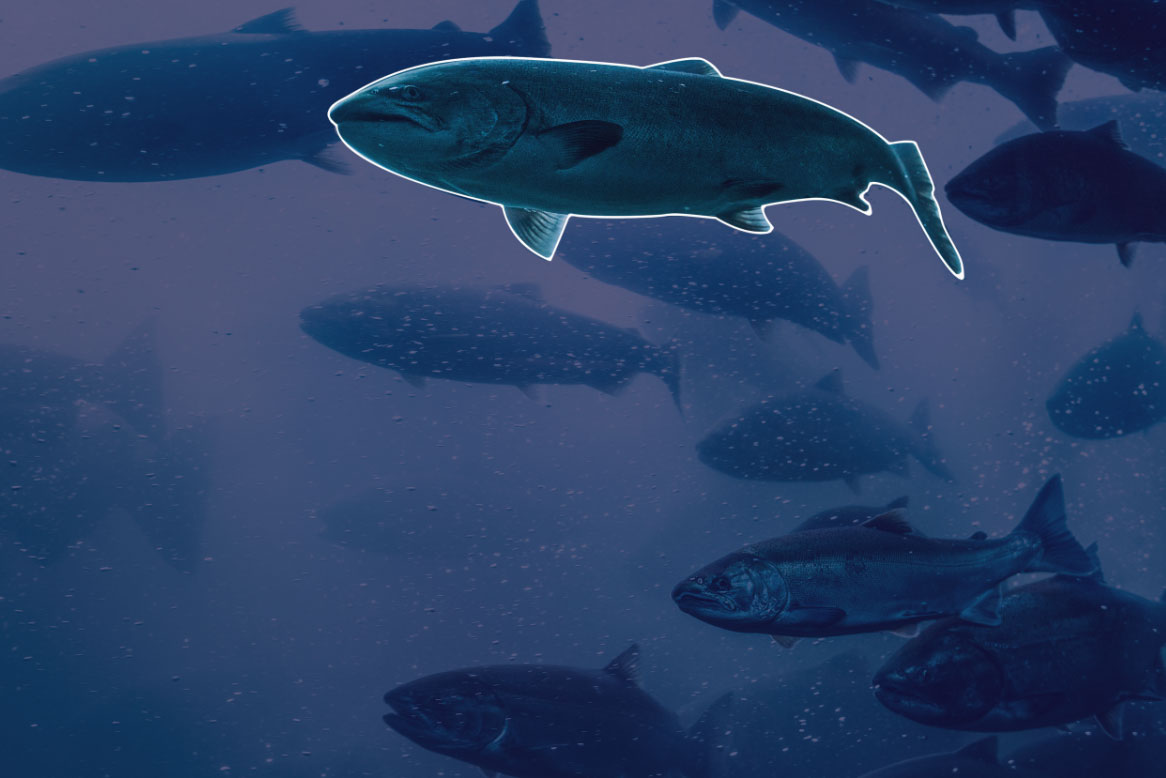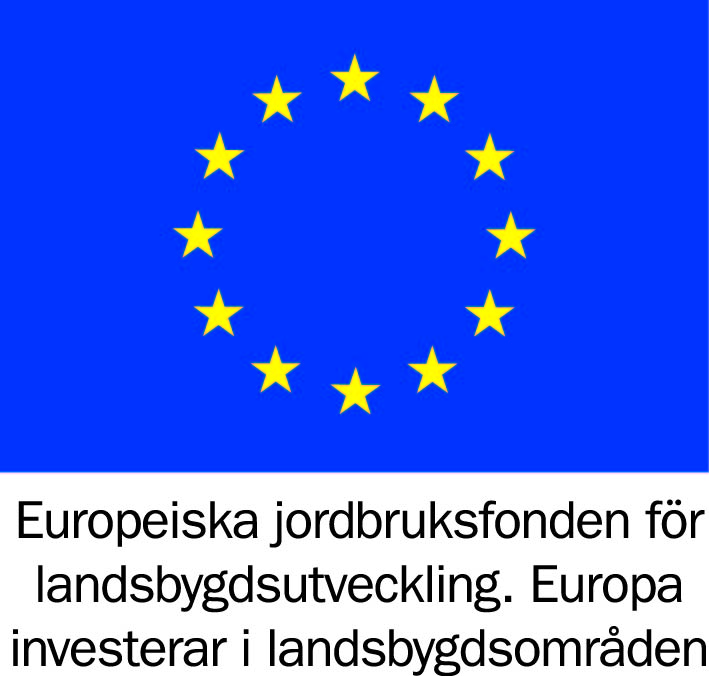Aquaponic is frequently acknowledged as a sustainable solution for cultivation of various plant species and fish farming simultaneously.
However, too often aquaponics remains relegated to the research environment as the lack of any adequate standardization or successful industrial experience makes this technology still unattractive to many.
Here is where we come into play! For many years we have been industrial-aquaponics pioneers and now we are ready to launch our systems on the market.
We have implemented artificial intelligence (AI) techniques such as neural networks and deep learning to develop a control system suited for aquaponics able to handle all the aspects of an industrial scale production and all the aquaponics degree of complexity.
Machine learning (ML) is indeed a powerful tool when dealing with large numbers of variables and, thanks to the rapidly increasing computational power of nowadays computers, it deserves a central role for acquiring the necessary know-how for paving the way to next generation industrial aquaponics.
Traditional agriculture, greenhouse and aquaculture technologies are complex by themselves, yet they can neither account for the delicate balance between all the aquaponics biological entities, nor for the energy and mass balance of the systems.
Understanding patterns and correlations between production variables and these natural balances is no easy task as they influence each other on several and often indirect and non-linear scales and at different times.
This is why, despite belonging to the food industry, we continuously gather, process and analyze data just like a big tech-company would do!
It is a technological transformation that many companies are and will be experiencing, in our case it led to a new industry that takes the name of food-tech.
In fact, like the automotive industry uses cameras and computer vision algorithms for driving autonomous cars, so do we to automatically recognize fruits and fish in our system, tracking and predicting their growth.
Like in healthcare AI is applied for identifying patterns and then carrying out more and more accurate diagnosis, so we apply AI for identifying the patterns of our system behaviors and their correlations with the production process set-points. Then we use those patterns to optimize efficiency, product quality and work practices.
Like in quality control Internet of Things (IoT) and AI algorithms are being used to predict potential production units faults, so we use statistical data from our sensors network to detect equipment malfunctions and faulty behaviors.
In the future we will be able to share, through our software, our technological experience with all our customers which in return will provide us with always new data that we will use for enhancing even more our algorithms’ performances.
That is a virtuous circle that characterize the success of those companies that, like us, makes good use data analysis.
My dream is to make our systems the industrial-aquaponics worldwide standard.
The greatest potential we have is to propagate our experience through our technology and, as the food-tech industry is rapidly expanding, we are now in pole position to become a reference for the aquaponic sector.



